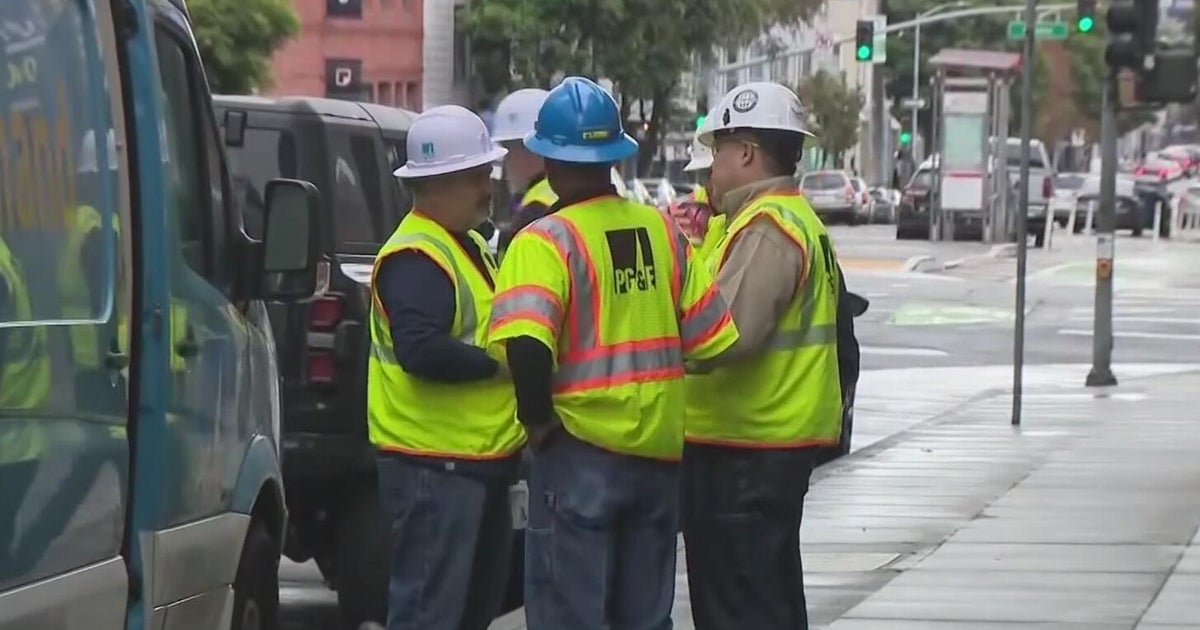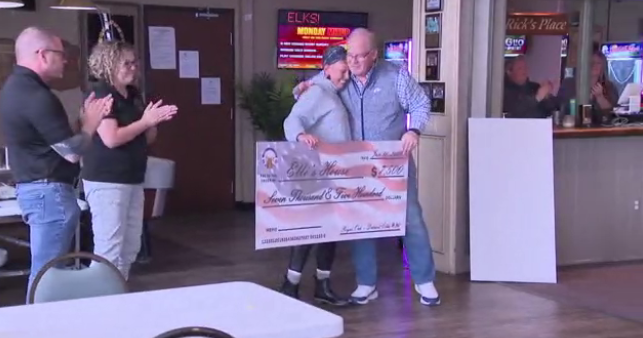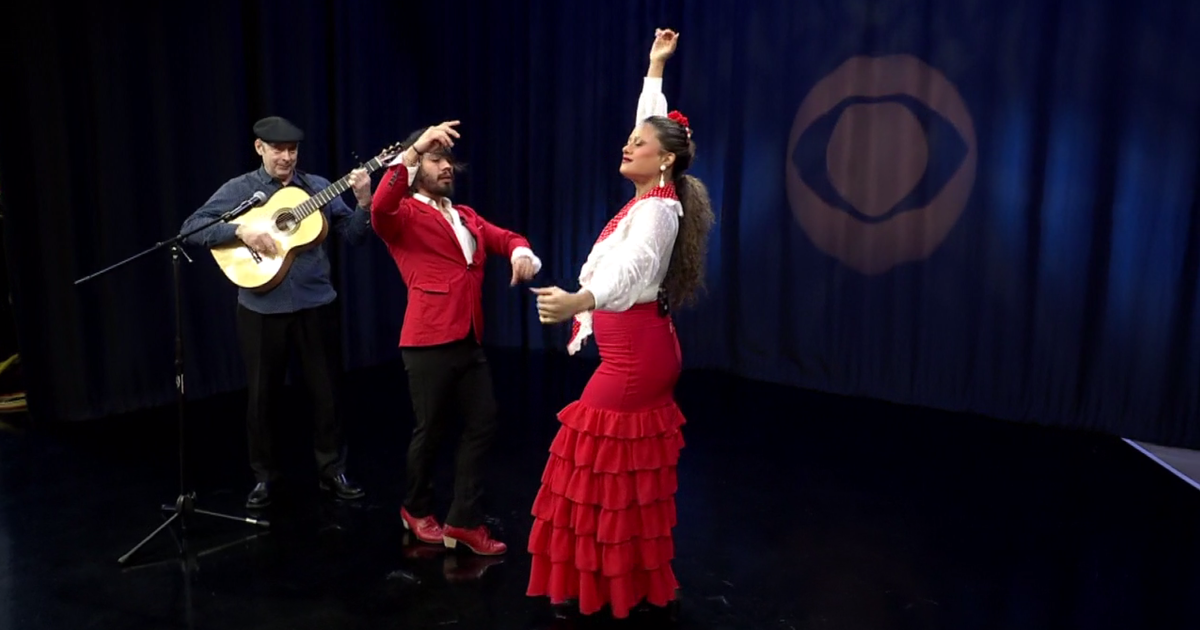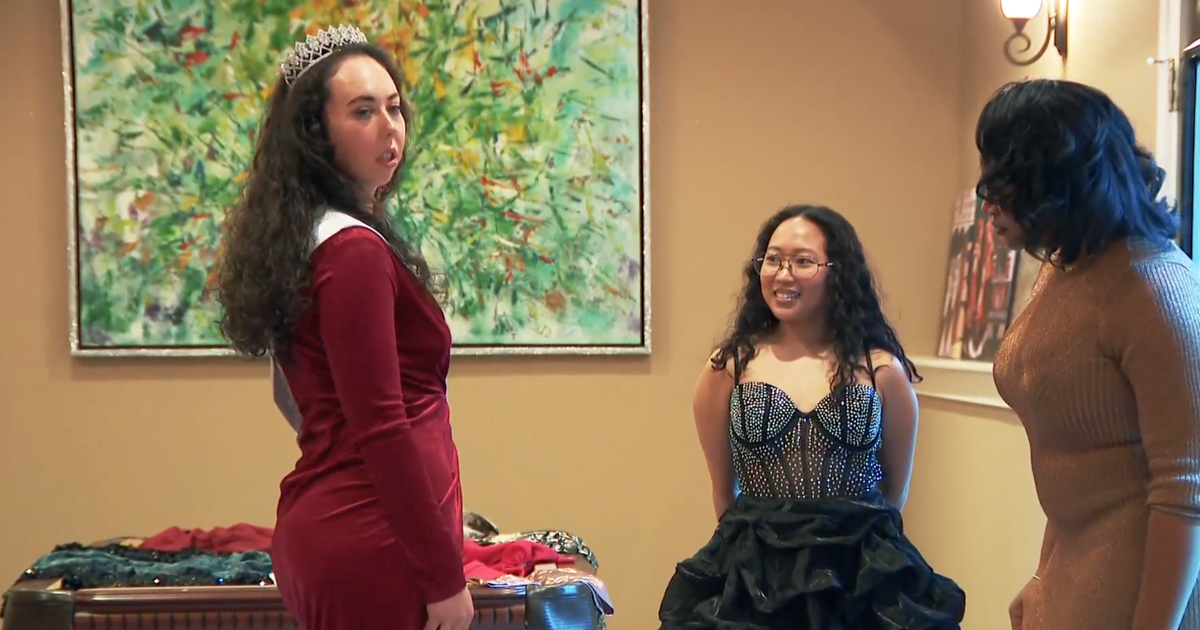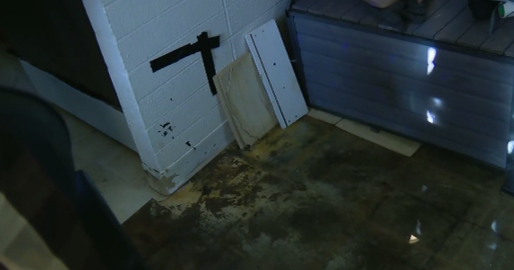Planned healing center in SF's Mission emphasizes Indigenous medicine
SAN FRANCISCO - A new indigenous cultural center in the Mission District hopes to bring a seldom seen art of traditional medicine to the Bay Area.
Steve Darden is a Navajo Elder who was trained to be a Traditional Practitioner-a person knowledgeable in the tribe's ancient methods to heal the mind, body, and spirit.
Darden uses his knowledge to help young people on the reservation break free of drugs and alcohol.
"We remind them that they are not what the courts say they are or what drug they are using says they are. That's just a human experience and we can overcome that," he said.
Darden ought to know, because he's also a former City Judge in Flagstaff, Arizona. He's visiting the American Indian Friendship House in San Francisco to help Mission District community leaders plan a new wellness center of their own, based on the traditional indigenous methods.
"Our medicines don't have the side effects. We have herbalists that have this ancient knowledge that deal with every part of our being, dealing with the spiritual, the mental, the emotional, the physical. So much of this world is just focused on the physical," Darden said. "They just deal with the symptoms, they don't deal with the underlying factors."
That philosophy is the inspiration for the Indigenous Peoples Cultural Arts Healing Center, which will be built in to Carnaval San Francisco's new permanent home on Florida Street.
It's can't replace western medicine, but it can be an alternative and supportive resource for people who are suffering.
"Here, we're going to be working to healing our community by going back to indigenous ways by having curanderos(traditional healers), Native American brothers and sisters here. Right now you have people now taking 4 or 5 pills. We want to get people off of drugs," said Carnaval San Francisco's Roberto Hernandez.
Hernandez and Native American Community Organizer Peter Bratt say Latinos and Native Americans started working more closely together when both communities bore the brunt of covid cases during the pandemic.
Collaborative solutions to community needs like the Mission Food Hub grew out of that experience, as well as a just-completed, 130 unit affordable housing complex on the building's upper floors.
"A lot of the same issues and challenges that impact Latinos also impact American Indians. Housing is a health care issue. And a lot of our people don't have housing," Bratt said.
The center will also have creator spaces for art, dance and music which can also help soothe the soul.
CANA-the non-profit behind the center and Carnaval is now trying to raise 5 million dollars to complete the project in time to be a healing resource for people still feeling the effects of the pandemic.
"The pandemic taught us a lot. We can't go back to business as usual. This is an opportunity to go back and live simple and be able to give people hope, and courage and strength," Hernandez said.
They're acting today but planning for the future, mindful of another American Indian philosophy that states decisions made today will affect the next 7 generations.
